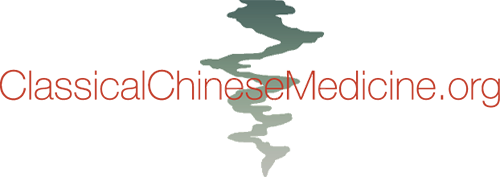On the Relationship Between Medicine and Philosophy
BY ZHANG XICHUN (1860-1933)
TRANSLATED AND INTRODUCED
BY HEINER FRUEHAUF
GERMAN TRANSLATION BY MARKUS GOEKE
Zhang Xichun (1860-1933) is one of China's great scholar-physicians. He is primarily remembered for his prominent role in spearheading the early movement of Chinese-Western medicine integration during the first three decades of this century. The depth of his knowledge and the broad range of his activities, moreover, distinguish him as one of the last of the classical cast of renaissance physicians.
